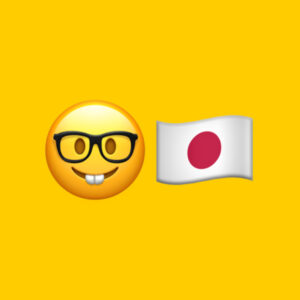
What’s the difference between
“日光“ and “日差し”?
They means almost the same,
but 日光 sounds more scientific.
To be precise,
日光 → the sunlight itself
日差し → the rays of the sun

1. 日光(にっこう/ nikkou)
“日光/ nikkou” is the sunlight itself.
日 → the sun
光 → the light
Example1
When you get the sunlight, you feel drowsy.
/ 日光を浴びると、眠くなります。
/ にっこうを あびると、 ねむくなります。
/ Nikkou o abiruto, nemuku narimasu.
Example2
If you don’t get the sunlight at all, you tend to feel depressed.
/ 日光を浴びないと、人は気分が落ち込みやすくなります。
/ にっこうを あびないと、ひとは きぶんが おちこみやすくなります。
/ Nikkou o abinaito, hitowa kibun ga ochikomiyasuku narimasu.
2. 日差し(ひざし/ hizashi)
日差し(hizashi)is the rays of the sun.
In daily conversation, we use 日差し more often than 日光
when we talk about the sunshine or sunlight.
We use 日差し like,
日差しが強い(Hizashi ga tsuyoi)
/ The sunshine is strong.
日差しが弱い(Hizashi ga yowai)
/ The sunshine is weak.
日差しが温かい(Hizashi ga atatakai)
/ The sunshine is warm.
Example1
This room gets lots of sunshine! Nice!
/ この部屋たくさん日差しが入っていいね!
/ この へや たくさん ひざしが はいって いいね!
/ Kono heya takusan hizashi ga haitte iine!
Example2
A: The sunshine is strong today,
so remember to put on sunscreen.
/ 今日は日差しが強いから、
日焼け止めを塗るのを忘れないでね。
/ きょうは ひざしが つよいから、
ひやけどめを ぬるのを わすれないでね。
/ Kyouwa hizashi ga tsuyoi kara,
hiyakedome o nuruno o wasurenaidene.
B: Recently, the sunshine has been really strong every day.
/ 最近ほんと毎日日差しが強いよね。
/ さいきん ほんと まいにち ひざしが つよい よね。
/ Saikin honto mainichi hizashi ga tsuyoi yone.
Thank you for visiting my blog!
How was today’s lesson?
If you have any questions “ How do you say 〇〇 in Japanese?” ,
please feel free to contact me from here!
If you’d like to support this website,
please consider buying me a coffee from the link below.
I would really be grateful!